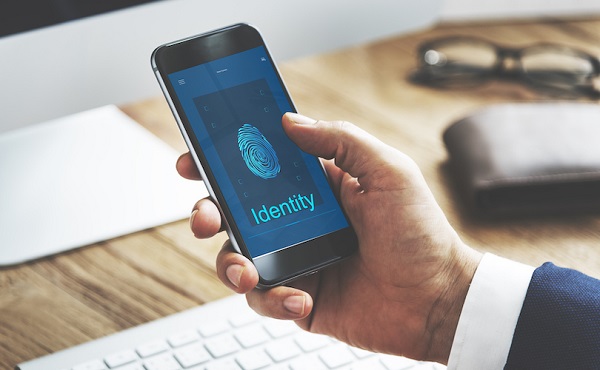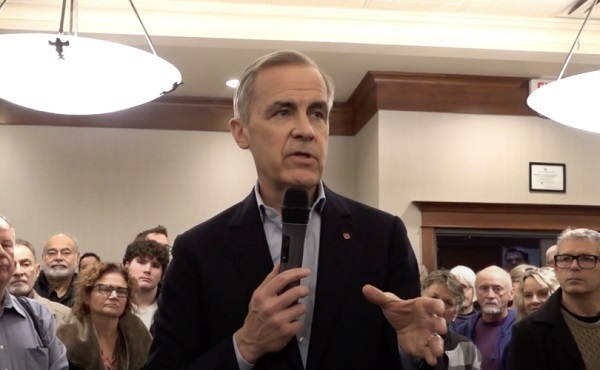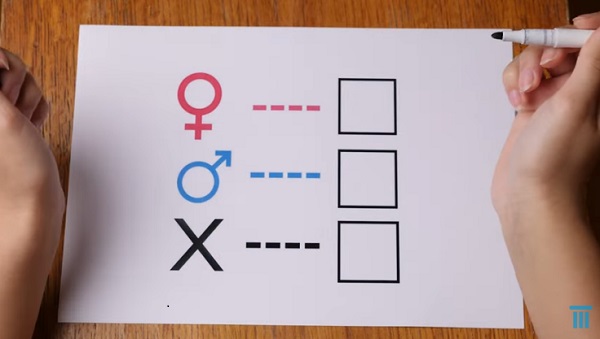Digital ID
Trudeau gov’t secretly polling Canadians to gauge their acceptance of planned digital ID

From LifeSiteNews
The Department of Immigration commissioned a pollster to ask Canadians how comfortable they would be with a ‘digital version’ of their passport, despite multiple parliamentary committees having rejected any sort of national ID system.
Prime Minister Justin Trudeau’s immigration ministry has been secretly asking Canadians via surveys if they would accept a mandatory national identification program that likely would require each citizen to always have a type of “digital” passport on them.
Canada’s Immigration Minister Marc Miller’s department, as reported by Blacklock’s Reporter, commissioned a company called Advanis Inc., an Ontario-based pollster, to poll Canadians on its “Passport Client Experience Survey.” This poll has been ongoing since December of last year, with pollsters targeting “clients who applied for a passport.”
The main question the poll asked was, “How comfortable would you be sharing a secure digital version of the passport within Canada as an identity document?”
Thus far, the Department of Immigration has not commented about its poll.
The poll comes despite multiple parliamentary committees having rejected numerous times any sort of national ID system, noting how such a system would be extremely costly.
One of Canada’s former privacy commissioners, Robert Marleau, in a 2003 report titled “Why We Should Resist A National ID Card For Canada,” called any type of national ID card “the most significant privacy issue in Canadian society.”
“A national identification card would require an elaborate and complex national identity system with database, communications networks, card readers, millions of identification cards and polices and procedures to address a myriad of security, privacy, manageability, and human factor considerations. The costs associated with such a system would be enormous. Just creating it could cost between $3 billion and $5 billion with substantial additional costs to operate it,” he observed.
When it comes to a national digital ID system, as reported by LifeSiteNews last week, a briefing note from members of Trudeau’s cabinet claims that a national digital ID system is “easier” and “securer” than traditional identification but insists it will remain “optional.”
The contents of the briefing note come after federal regulators previously disclosed they are working on digital credentials for Canadians despite the fact that MPs have repeatedly rejected the proposal over safety concerns, as reported by LifeSiteNews.
Digital IDs and similar systems have long been pushed by globalist groups like the World Economic Forum under the guise of ease of access or security.
However, critics have warned that with a “digital ID, there is no public consensus, only collusion,” and that the purpose of such a system is to eliminate “choice” in favor of “coercion and contradiction to confuse our cognition towards total control.”
The Conservative Party has repeatedly warned Canadians about “mandatory digital ID” systems. While the Trudeau government insists this program will be optional, Conservative leader Pierre Poilievre has promised to introduce a new bill that would “expressly prohibit” digital IDs in Canada.
Poilievre is also opposed to a federal digital dollar, plans for which are currently on hold.
Digital ID
Wales Becomes First UK Testbed for Citywide AI-Powered Facial Recognition Surveillance

Carbon Tax
Mark Carney has history of supporting CBDCs, endorsed Freedom Convoy crackdown

From LifeSiteNews
Carney also said last week that he is willing to use all government powers, including “emergency powers,” to enforce his energy plan if elected prime minister.
World Economic Forum-linked Liberal Party leadership frontrunner Mark Carney has a history of supporting central bank digital currencies, and in 2022 supported “choking off the money” donated to the Freedom Convoy.
In his 2021 book Value(s), Carney said that the “future of money” is a “central bank stablecoin, known as a central bank digital currency or CBDC.”
He noted in his book that such a currency would be similar to current cryptocurrencies such as Bitcoin, but without the private nature afforded to it by its decentralization.
“It is simply untenable in democracies that the core of the monetary system could be based on forms of electronic private money whose creators control large blocks of the currency, like Bitcoin,” he wrote. “Cryptocurrencies are not the future of money.”
Carney noted that a CBDC, if “properly designed,” could serve “all the functions to which private cryptocurrencies and stablecoins aspire while addressing the fundamental legal and governance issues that will, in time, undermine those alternatives.”
Expanding on his worldview in relation to CBDCs, Carney suggested that “fear” can be taken advantage of to shape the future of money.
“With fear on the march, people were willing to surrender to Hobbes’ ‘Leviathan’ such basic rights as the freedom to leave their homes,” he wrote. “And so it is with money. People will support the delegation to independent central banks of the tough decisions that are necessary to maintain the value of money provided the authorities deliver monetary and financial stability.”
Some Canadians are alarmed by the prospect of CBDCs, a fear that only worsened after the Liberals under Prime Minister Justin Trudeau froze hundreds of bank accounts it deemed were importantly linked to the 2022 Freedom Convoy.
During the Freedom Convoy, Carney wrote in an op-ed for the Globe and Mail, “Those who are still helping to extend this occupation must be identified and punished to the full force of the law,” adding that “Drawing the line means choking off the money that financed this occupation.”
Carney is a former head of the Bank of Canada and Bank of England. His ties to globalist groups have led to Conservative Party leader Pierre Poilievre calling him the World Economic Forum’s “golden boy.”
In addition to his comments on CBDCs, Carney has a history of promoting anti-life and anti-family agendas, including abortion and LGBT-related efforts. He has also previously endorsed the carbon tax and even criticized Trudeau when the tax was exempted from home heating oil to reduce costs for some Canadians.
Carney also said last week that he is willing to use all government powers, including “emergency powers,” to enforce his energy plan if elected prime minister.
The Liberal Party of Canada will choose its next leader, who will automatically become prime minister, on March 9, after Prime Minister Justin Trudeau announced that he plans to step down as Liberal Party leader once a new leader has been chosen.
In contrast to Carney, Poilievre has promised that if he is elected prime minister, he would stop any implementation of a “digital currency” or a compulsory “digital ID” system.
When it comes to a digital Canadian dollar, the Bank of Canada found that Canadians are very wary of a government-backed digital currency, concluding that a “significant number” of citizens would resist the implementation of such a system.
-

 Uncategorized1 day ago
Uncategorized1 day agoPoilievre on 2025 Election Interference – Carney sill hasn’t fired Liberal MP in Chinese election interference scandal
-

 Business2 days ago
Business2 days agoCuba has lost 24% of it’s population to emigration in the last 4 years
-

 2025 Federal Election1 day ago
2025 Federal Election1 day ago2025 Election Interference – CCP Bounty on Conservative Candidate – Carney Says Nothing
-

 2025 Federal Election1 day ago
2025 Federal Election1 day ago2025 Federal Election Interference from China! Carney Pressed to Remove Liberal MP Over CCP Bounty Remark
-

 2025 Federal Election14 hours ago
2025 Federal Election14 hours agoChinese Election Interference – NDP reaction to bounty on Conservative candidate
-

 Aristotle Foundation2 days ago
Aristotle Foundation2 days agoCanada has the world’s MOST relaxed gender policy for minors
-

 International2 days ago
International2 days agoTrump signs executive order to make Washington D.C. “safe and beautiful”
-

 Media1 day ago
Media1 day agoTop Five Huge Stories the Media Buried This Week






